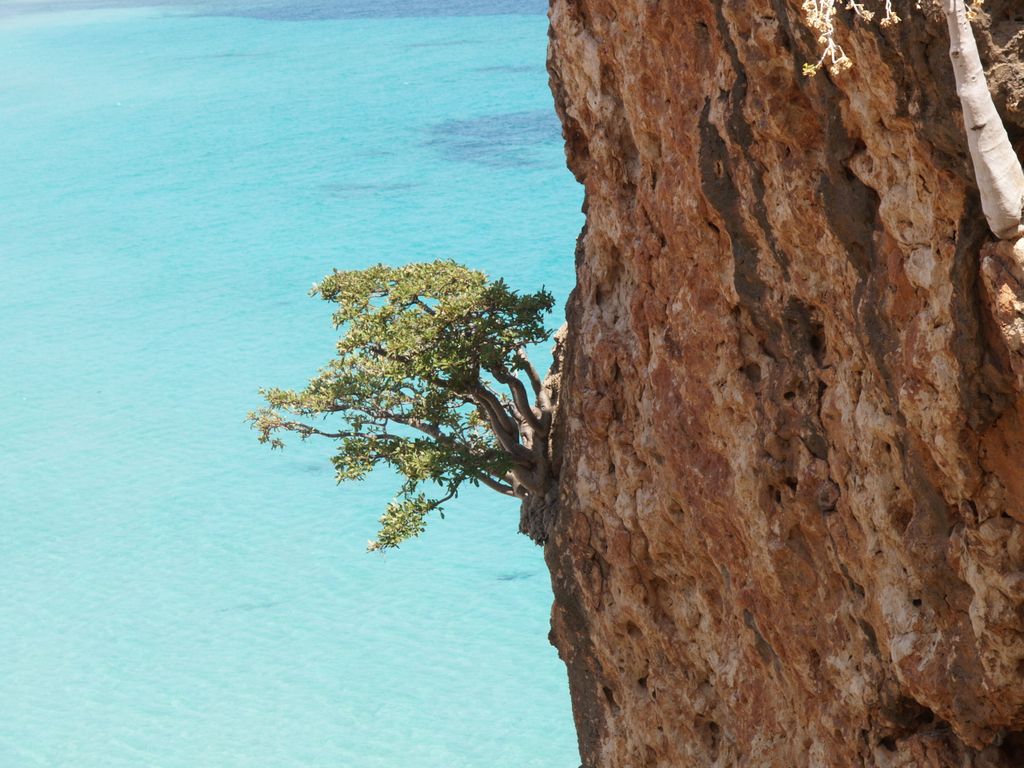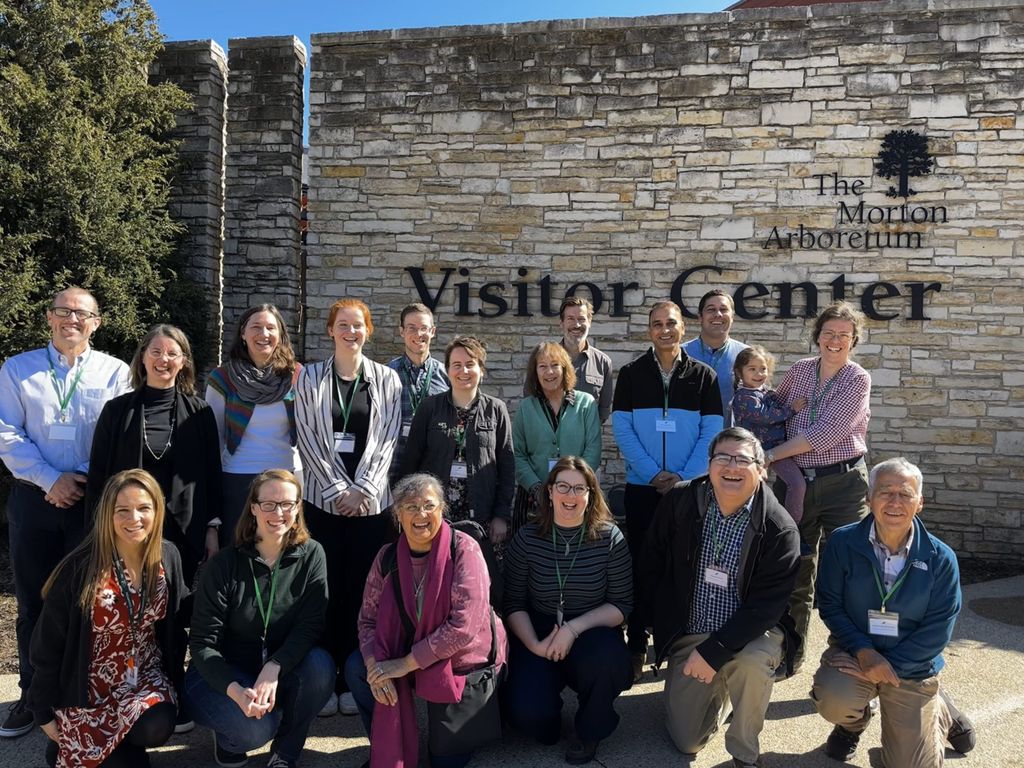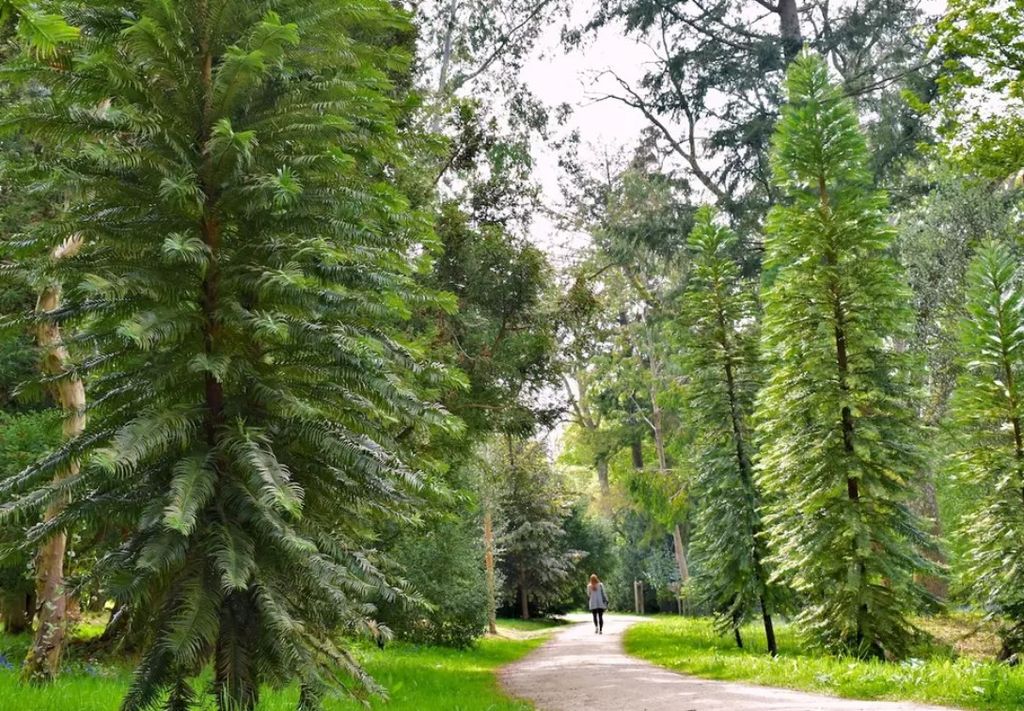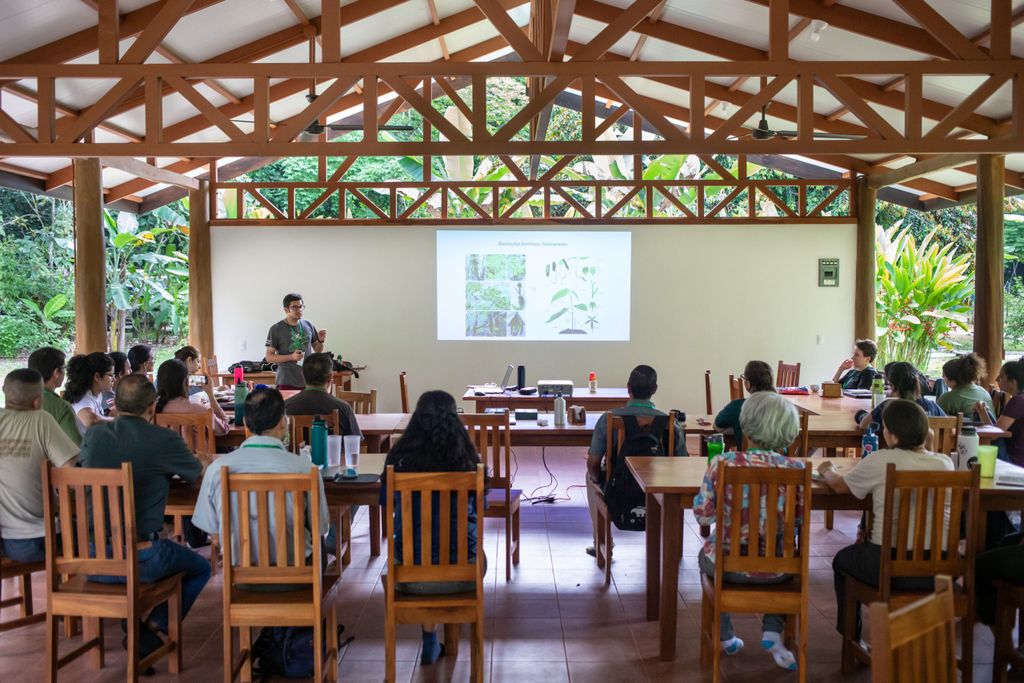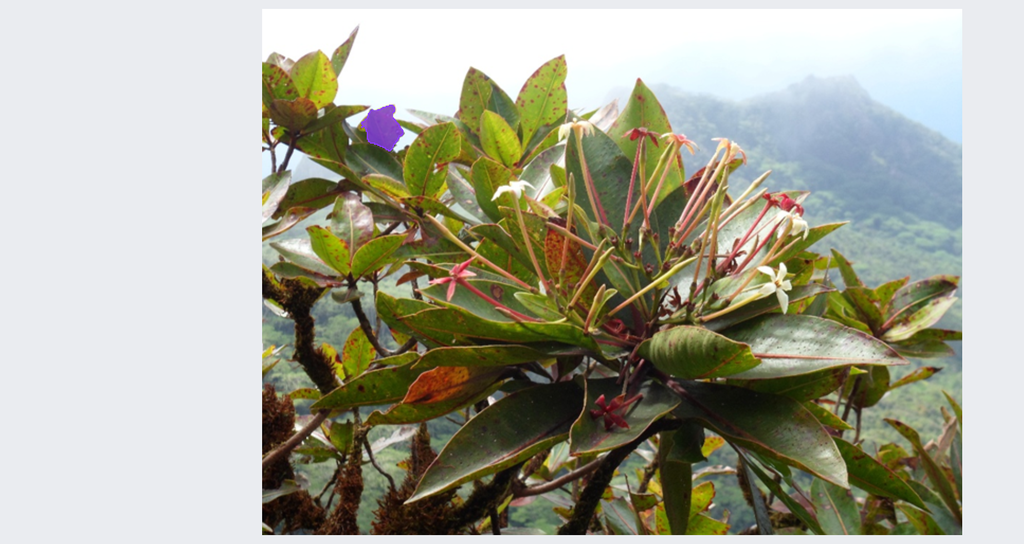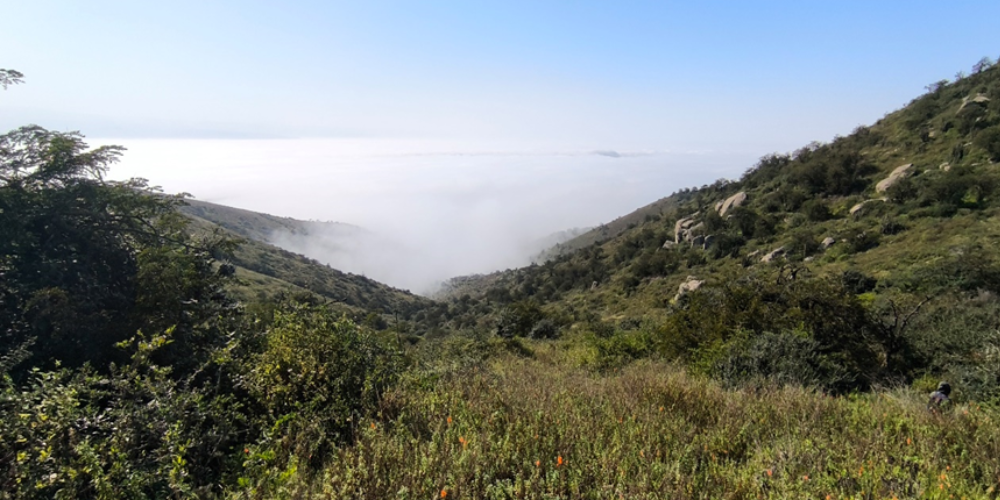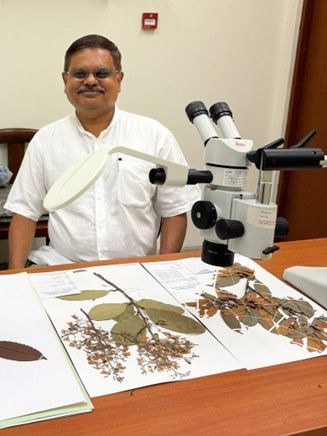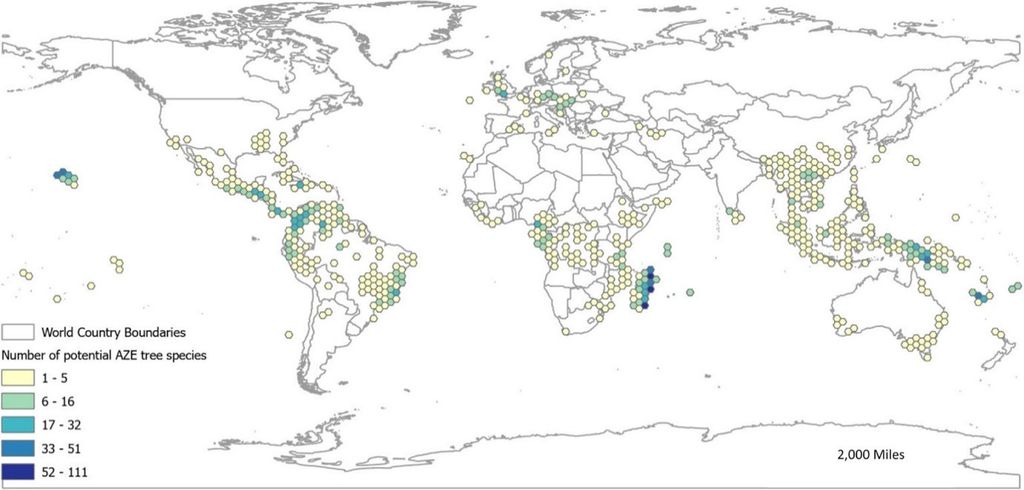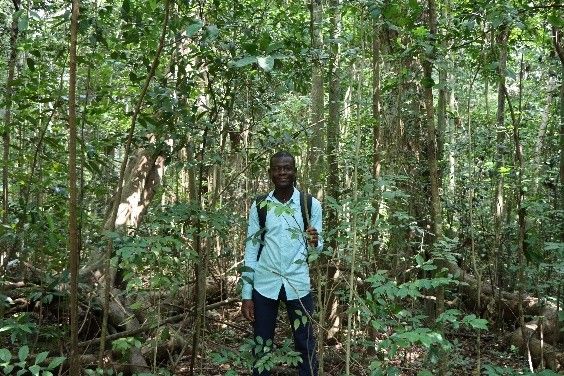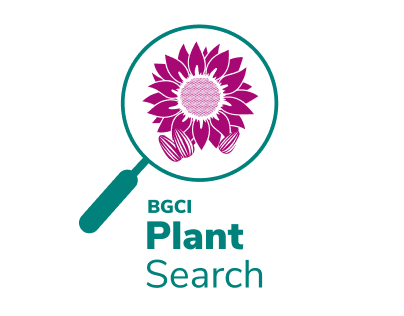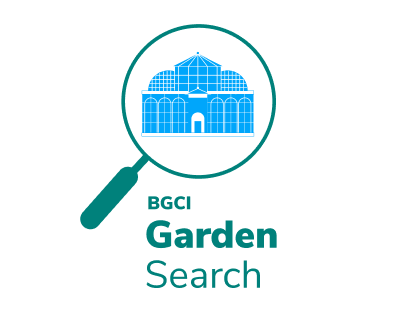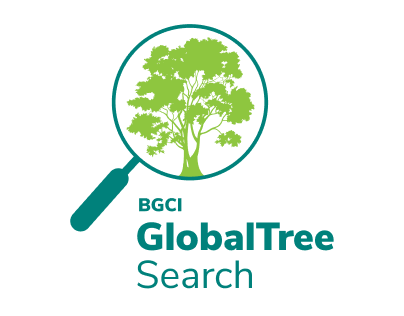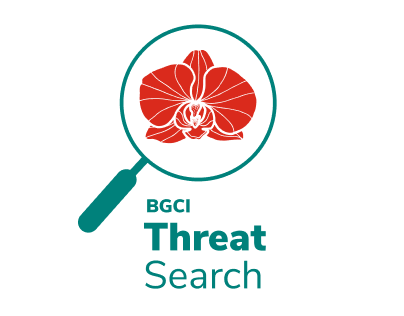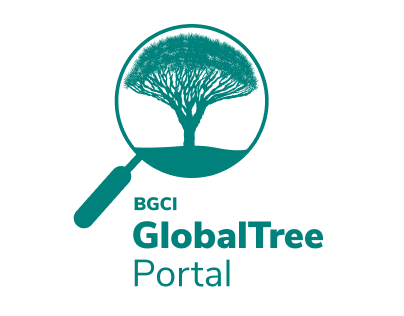Global Tree Specialist Group
Knowledge | Action | Conservation
About: The IUCN/SSC Global Tree Specialist Group (GTSG) is a global network of experts who, working in their own regions and institutions, all contribute to the conservation of globally threatened trees.
Our mission is to conserve tree species globally, by sharing knowledge and catalyse action to halt declines, restore populations and prevent extinctions.
Trees are of exceptional ecological importance, playing a major functional role in the world’s ecosystems, and supporting many other plants, animals and fungi. Many tree species are also of direct value to people, providing a wide range of socio-economic benefits. Loss of tree diversity may lead to abrupt declines in biodiversity, ecosystem functions and services and ultimately ecosystem collapse. One third of all tree species are currently threatened with extinction, representing a tree extinction crisis. But extinction is not an inevitability – ongoing actions are conserving and restoring trees. More action is needed and urgently.
Contact: globaltrees@bgci.org

Support for the GTSG website has been provided by our partners including: Franklinia Foundation, BGCI & Center for Species Survival for Trees (The Morton Arboretum).
Who we are: The IUCN/SSC Global Tree Specialist Group (GTSG) is part of IUCN’s Species Survival Commission a science-based network of thousands of volunteer experts from around the world, working together to achieve the vision of “a just world that values and conserves nature through positive action to both prevent the loss and aid recovery of the diversity of life on earth.”
Established 20 years ago, the Global Tree Specialist Group now have over 100 expert members from a diverse set of organisations including botanic gardens, herbaria, universities, governmental institutions and non-governmental organisations.
The Global Tree Specialist Group is currently updating its operational structure. It currently has a Chair, an Advisory Committee and selected focal points. BGCI is hosting the secretariat for the group.
Chair – Malin Rivers
Advisory Committee – Georges Alex Agonvonon, Silvia Alvarez Clare, Anurag Dhyani, Fiorella Gonzales, Olivier Hasinger, Jean Linsky, Sara Oldfield, Marie-Stéphanie Samain and Deepu Sivadas.
Red List Authority Coordinator – Emily Beech
Focal Points:
- Conservation Planning – Yvette Harvey-Brown
- Ex situ – vacant
- Sustainable Use – Megan Barstow
Members Directory
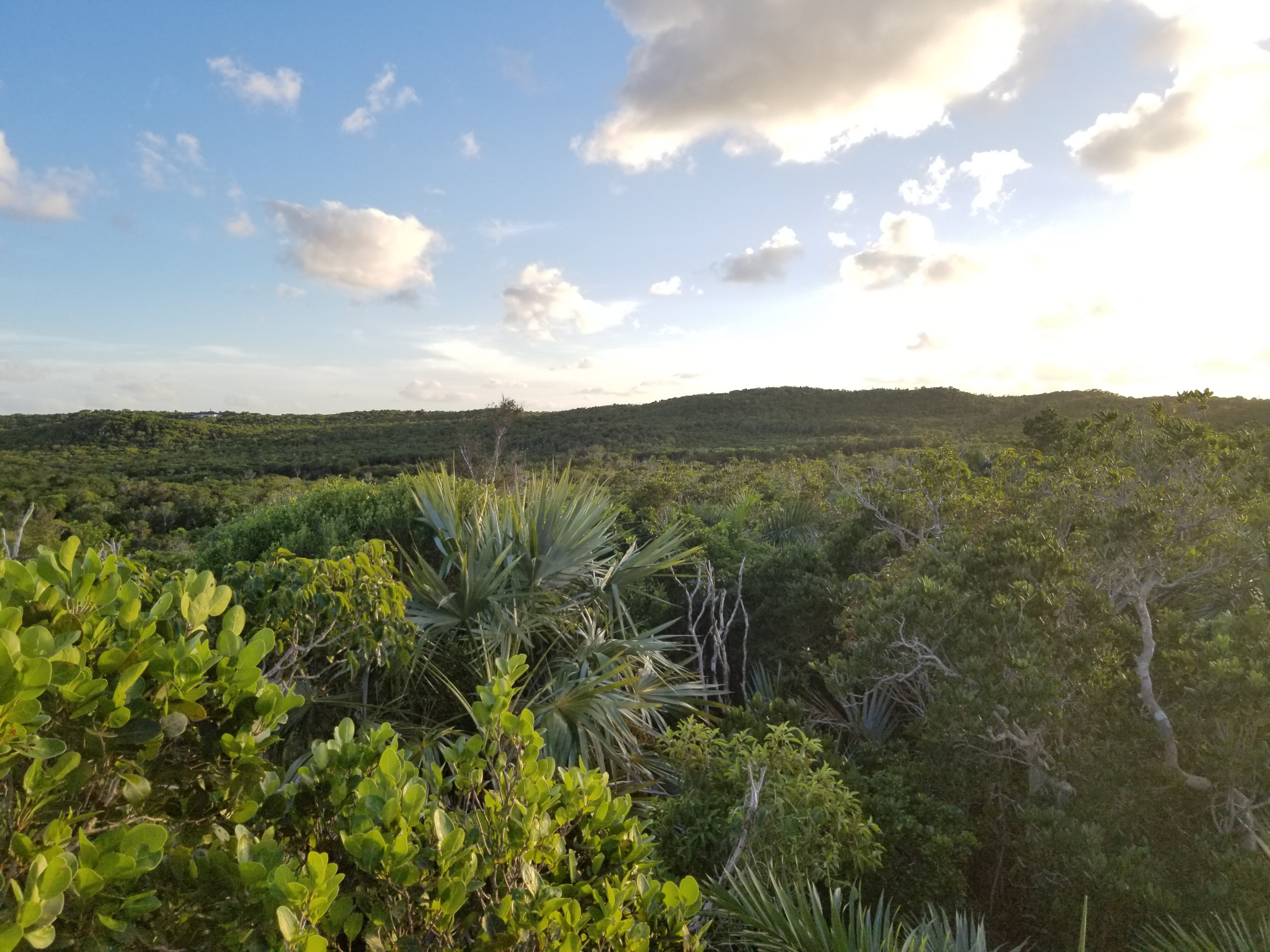
What we do: The Global Tree Specialist Group (GTSG) is working to conserve tree species globally, by sharing knowledge and catalysing action. GTSG is part of IUCN’s Species Survival Commission (SSC) a science-based network of thousands of volunteer experts from around the world. The SSC is working to conserving biodiversity under the three components: Assess, Plan and Act.
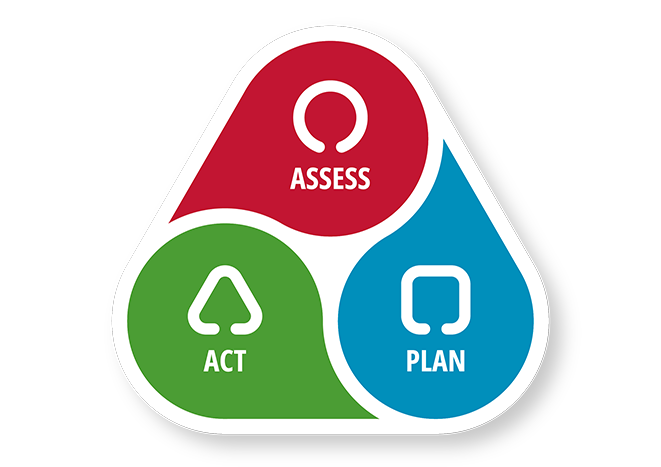
Assess
Since 2015 we have worked on the Global Tree Assessment, coordinated by BGCI and with over 100 institutional partners. In October 2024, trees are considered a comprehensively assessed group on the IUCN Red List with over 47,000 tree assessments available.
Global conservation assessments for tree species are utilised in defining Key Biodiversity Areas (KBAs) and Alliance for Zero Extinction (AZE) sites for tree species. KBA and AZE processes both assess global priority sites of importance for conservation.
Plan
Using Red List assessments to prioritise tree conservation action, the GTSG and its members, work with partners and stakeholders, in tree conservation planning at a national, multi-species and individual species level. This work is carried out in collaboration with Conservation Planning Specialist Group.
An important component of tree conservation planning is to review conservation action and identify gaps. GTSG members have been involved in a range of conservation gap analysis activities working for example with the Global Conservation Consortia.
Act
The GTSG and its members, working with partners, are involved in in situ and ex situ conservation for a wide range of threatened tree species together with ecological restoration activities.
Crosscutting Activities
The GlobalTree Portal is an essential web-based resource showing the distribution, national and global conservation status of all tree species and monitoring of conservation action. We encourage all involved in tree species conservation to use the Conservation Action Tracker.
We also recognise that provisions for tree conservation need to be at the heart of international biodiversity and climate change policy and that policy mechanisms should be applied to tree species with increased resolve and commitment. The Global Tree Assessment has provided essential information for various policy implementation, such as CBD, CITES and UNFCCC.
Moving Forward
The GTSG Strategy for the next quadrennium (2026-2029) has now been finalised. It is an ambitious yet realistic strategy, to enhance conservation of trees globally. This strategy includes 14 key targets and 37 actions across the five components of the IUCN SSC Species Conservation Cycle, all designed to drive meaningful impact in global tree conservation.
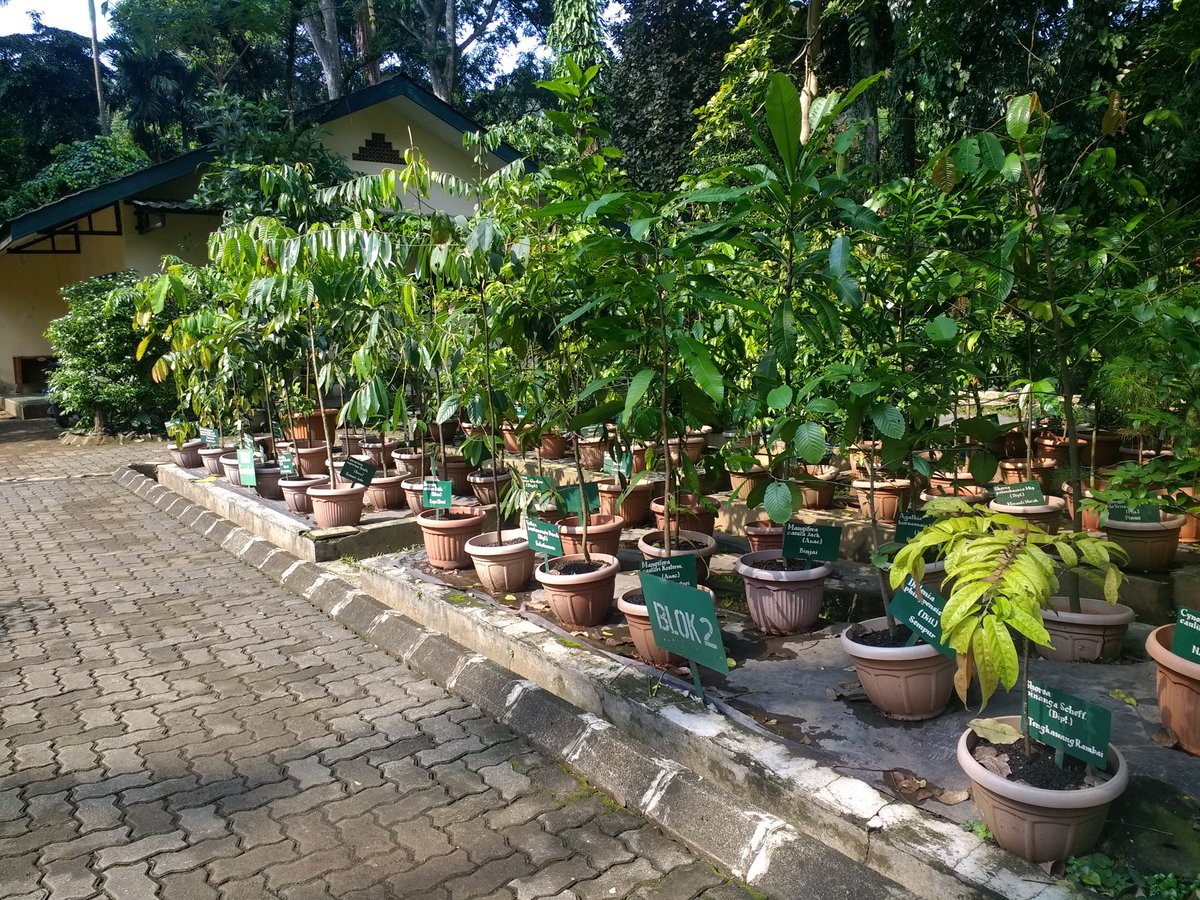
The Global Tree Specialist Group, through its members, produce a range of resources on tree conservation, to raise awareness, build capacity and ultimately guide effective conservation outcomes for trees. To access these follow the links below:
Tree Data Resources
A range of tree data resources have been developed through the Global Tree Assessment that are available online to search, query and download. GlobalTreeSearch is the checklist of the world’s tree species and their country level distribution. The GlobalTree Portal is combining tree information from a range of sources to explore on a species, national and global level. It includes information on tree species distribution, conservation status (global and non-global) and conservation actions.
Training Materials
A set of practical guidance briefs for threatened tree conservation aimed at individuals and organisations who are looking for basic guidance on the particular skills required to conserve threatened trees.
GTSG Publications
The Global Tree Specialist Group members are authoring numerous publications focusing on various aspects of tree conservation. These contributions are from scientific journals, magazines, books and other reports.
To access a repository of selected publications, follow the link below:
ASSESS
The Global Tree Assessment is an initiative assessing the conservation status assessments for all the world’s tree species available on the IUCN Red List. The Global Tree Assessment is a collaborative global initiative linking taxonomic, geographical, ecological and conservation information in support of biodiversity conservation policy and action.
PLAN
Following the Red List assessment, the information is used together with local and on-the-ground knowledge to plan for the future survival of the species. Conservation action plan is produced to act as a roadmap for the recovery of the species (or groups of species.
ACT
The Conservation Action Tracker, accessible through the individual species pages on the GlobalTree Portal, provides information on conservation actions for tree species globally.
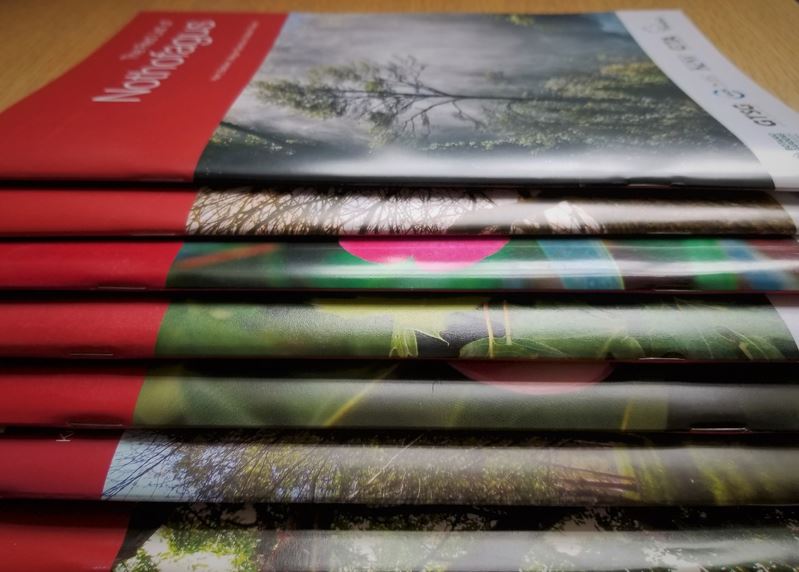
GTSG Newsletters
The GTSG newsletter is shared regularly with the membership providing updates on activities of the group, other tree-related news and calls to action.
Read the latest GTGS news
Read MoreShare

